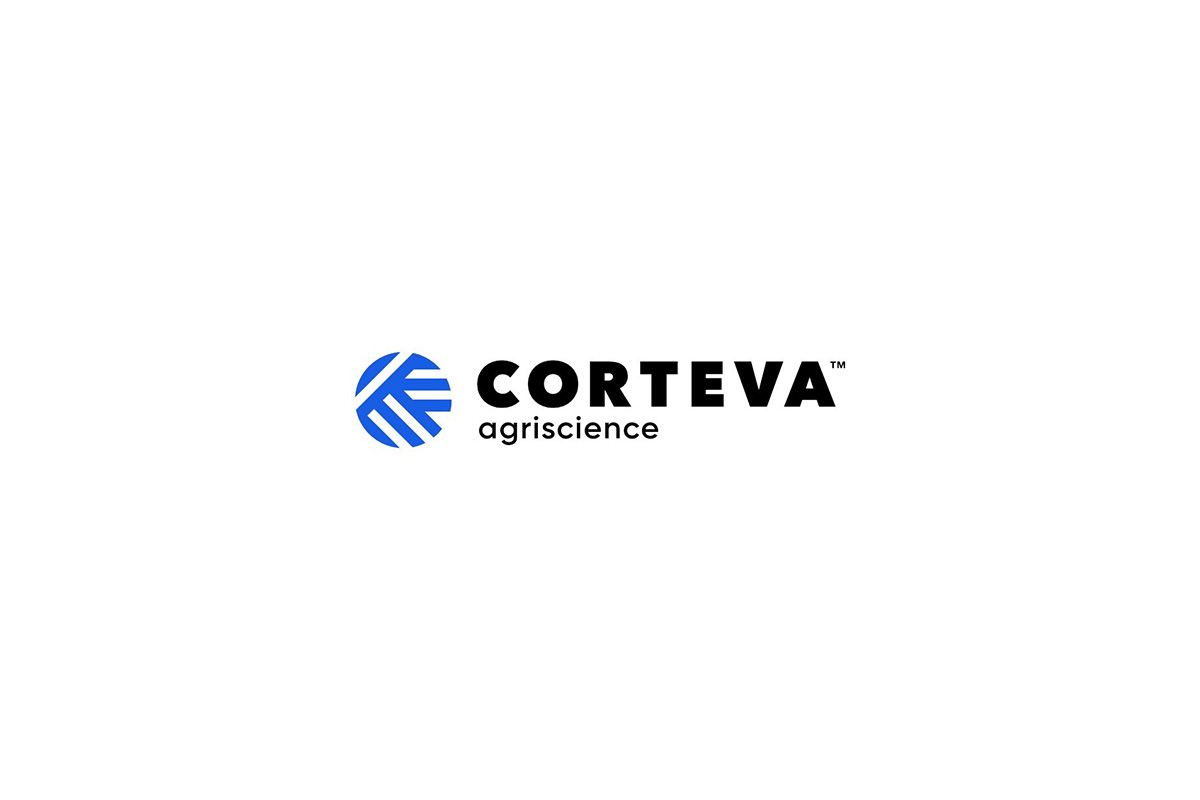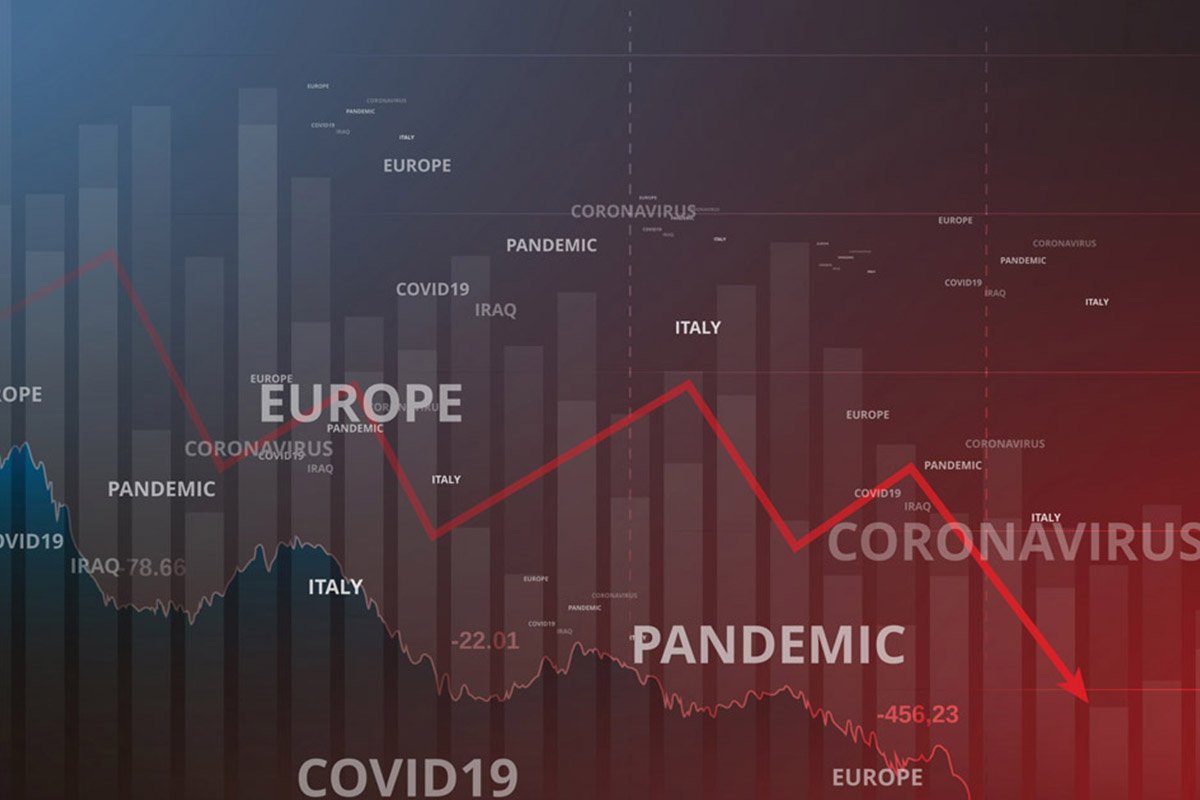The COVID-19 pandemic, political instability, inflation, rising food costs and extreme weather events in 2022 have showcased the fragility of the global food system and its consequences, especially within global food security. Today, Economist Impact released the eleventh annual Global Food Security Index (GFSI) report, which scores the state of food systems in 113 countries. The Index shows the global food security environment continued to deteriorate after hitting its peak in 2019.
Developed by Economist Impact and supported by Corteva Agriscience, the Index presents an in-depth analysis into how the core pillars of affordability, availability, quality and safety, and sustainability and adaptation impact food security across the world. New this year is the inclusion of critical metrics that link agricultural efforts, such as access to agricultural inputs and investment in R&D, to food security.
The new metrics present a full picture of the food system, highlighting areas that have weakened over the years, including the quality and safety of food that fell by 4% between 2019 and 2022. The food system also remains very vulnerable to climate-related impacts, such as drought, flooding and lack of adequate water for agriculture.
While metrics in the Index show agricultural inputs have had some of the biggest relative improvement in GFSI scores in the past few years, the lowest scoring indicators overall remained in agriculture, including a lack of public expenditure on agricultural R&D, irrigation infrastructure, and the quality of soil organic content.
Building greater resilience within the food system is of the utmost importance, Economist Impact notes in the global report. GFSI indicators reveal that countries are faced with skyrocketing food prices and hunger on an unprecedented scale. We are at a critical crossroads. To avert significant risks in the global food system, long-term structural investments need to be made.
“Building long-term, systemic resilience should be a priority if the larger trend towards greater food insecurity worldwide is to be reversed” said Pratima Singh, Principal, Policy & Insights at Economist Impact. “This requires engagement and action by all players in the food system—governments, businesses, multilaterals, NGOs and consumers.”
Corteva is committed to enriching farming and agriculture while providing farmers with the tools needed to keep growing. Reviewing these critical metrics can help empower farmers and promote the importance of investment in agricultural R&D.
“Long-term food security depends on addressing some of the major challenges in the agriculture industry that affect farmers,” said Tim Glenn, Executive Vice President, Seed Business Unit, Corteva Agriscience. “Sponsoring the Global Food Security Index aligns with Corteva Agriscience’s commitment to growing progress. With global food security declining again, there is an urgent need to renew our collective commitment to innovation and collaboration to combat food insecurity.”
The availability of food, and the environmental sustainability and adaptation that underpins it, highlights the vulnerability of the food system. Identifying the challenges, and subsequent solutions, of a complex and interconnected food system requires monitoring all sections of that system, including what happens on the farm.
Corteva is committed to delivering breakthrough technological solutions to enable farmers to be more productive and sustainable, including innovations in crop protection and seed that drive the ultimate goal of ensuring high-yield potential for farmers and thus helping improve food security worldwide.



